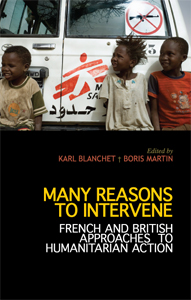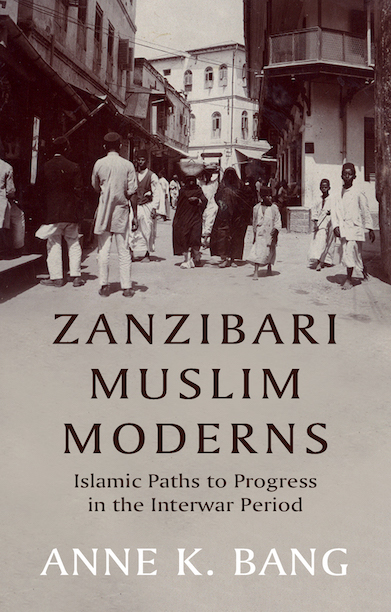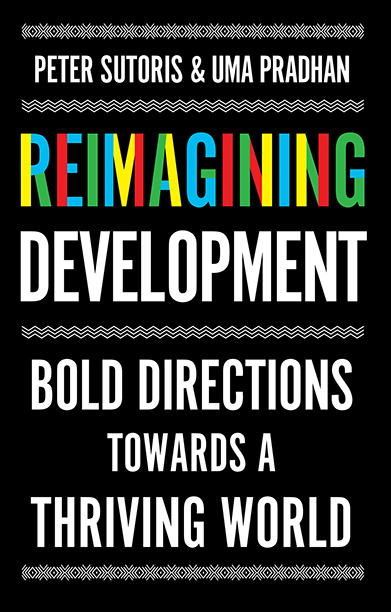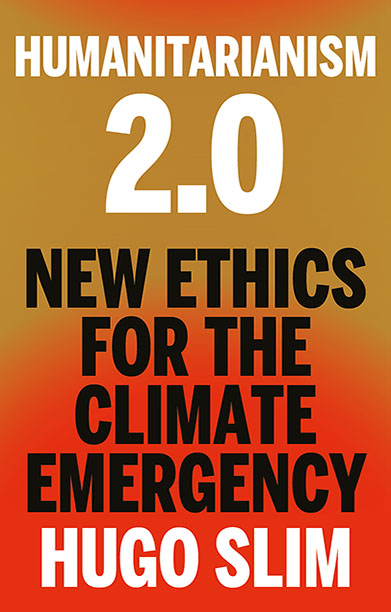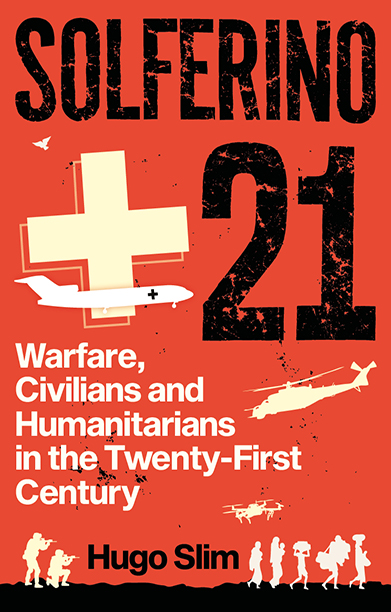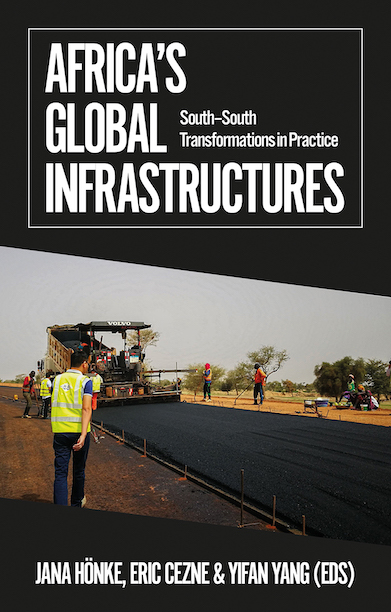Many Reasons to Intervene
French and British Approaches to Humanitarian Action
‘This important book will be of interest to all actors in the field of humanitarian aid, including policy makers, donors, implementers and academics.’ — Professor Peter Piot, Director of the London School of Hygiene and Tropical Medicine
Description
In the humanitarian field those we rather mockingly call ‘French doctors’ seem always to be in the vanguard, the first to arrive in any critical situation. If they hold such a position in modern humanitarian intervention it is because Médecins Sans Frontières, and its ‘little sister’ Médecins du Monde, have drawn on the experiences of other organisations gradually to develop their particular brand of intervention; France was after all the last to join the group of so-called ‘founder democracies’ in the humanitarian field.
This detailed study of the comparitive history of humanitarianism reveals that it was by learning from forms of action devised by agencies in the United States, Great Britain and Switzerland, that MSF, MDM and many others sought to combine relief practices (learnt from the Red Cross) with efforts to mobilise public opinion (using strategies invented by Amnesty International) in the way that they do.
The contributors assess the competing French and ‘Anglo-Saxon’ models of intervention and propose approaches to humanitarianism for the twenty-first century.
Reviews
‘The idea of contrasting French and British approaches to humanitarian action and simultaneously questioning the adequacy of a simple dichotomy between the two is worthwhile. Key issues — about the nature of humanitarianism, the relationships between humanitarianism and development, the questions of independence and neutrality — are discussed in novel ways and the differing assumptions of the authors force readers to think about their own positions’. — Professor Michael Newman, author, Humanitarian Intervention: Confronting the Contradictions
‘Many Ways to Intervene is a unique book on humanitarian aid in emergency settings. For the first time, through a series of chapters from respected academics and practitioners, the differences and similarities between the French and Anglo-Saxon approaches to the delivery of humanitarian aid are analysed from a variety of perspectives. The description of the historical foundations of international assistance both in France and in the United Kingdom brings a new light to the political role of international NGOs. This important book will be of interest to all actors in the field of humanitarian aid, including policy makers, donors, implementers and academics.’ — Professor Peter Piot, Director of the London School of Hygiene and Tropical Medicine
Editor(s)
Karl Blanchet is a researcher at the London School of Hygiene and Tropical Medicine.
Boris Martin is is Editor of the French journal Humanitaire, published by Médecins du Monde- France. He is also an independent publisher and author.
